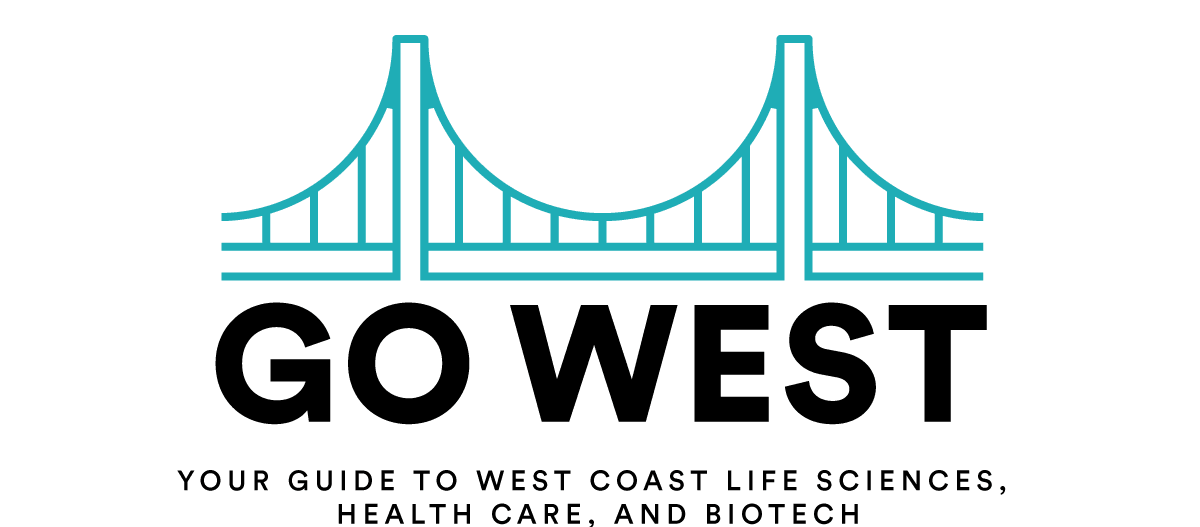

Now, onto the latest headlines
Amazon is moving to sell software that can read and analyze patient records in search of insights for doctors and hospitals, the company announced yesterday after the Wall Street Journal broke the story. But keep in mind: Amazon will face a huge challenge doing that because, as a new story from my STAT colleague Kate Sheridan points out, America's digital medical records system is a fragmented mess.
If you’ve been glued to the CRISPR’d babies news coming out of China these past few days, here’s a West Coast angle: I talked to Mark DeWitt, a UC Berkeley CRISPR researcher who learned about the controversial study a year ago — and urged the Chinese scientist, He Jiankui, not to proceed with it. My story includes snapshots from their conversations over coffee and dinner in the Bay Area.
Remember Brittany Maynard, the terminally ill woman whose decision to move from California to Oregon so that she could legally end her life inspired a right-to-die law in California? An appeals court yesterday rejected a legal challenge to the law that had been filed by five doctors and a religious medical group. The decision ensures that a dying adult can continue, under certain circumstances, to access lethal drugs prescribed by a physician.
In what's being billed as the largest-ever public release of MRI data, over 1.5 million images of the knee were published as part of a research collaboration between New York University and an AI group at Facebook. The project's goal: To speed up notoriously slow MRI scans. The press release states that "No Facebook data of any kind are used in the project," which tells you all you need to know about how things are going these days over at Facebook HQ.
Researchers at Freenome, the Bay Area liquid biopsy developer, are out with an intriguing new paper published to a preprint server, meaning that it is not yet peer-reviewed. They developed machine learning algorithms (but not GANs!) to try to diagnose early-stage colon cancer using plasma samples. The technique looks promising, but keep in mind that it’s still early stage.
What’s it like to try to find new digs in San Diego’s biotech scene? In an interview with the publication Commercial Property Executive, a real estate expert complains that there’s too little space that takes too long to move into.
Research on lab chimpanzees is over, which means that a tiny sanctuary in central Washington state needs to expand to make more room for retirees. The Seattle Times’ magazine put out a wonderful profile of the seven chimps that live at Chimpanzee Sanctuary Northwest.





















.png)









No hay comentarios:
Publicar un comentario